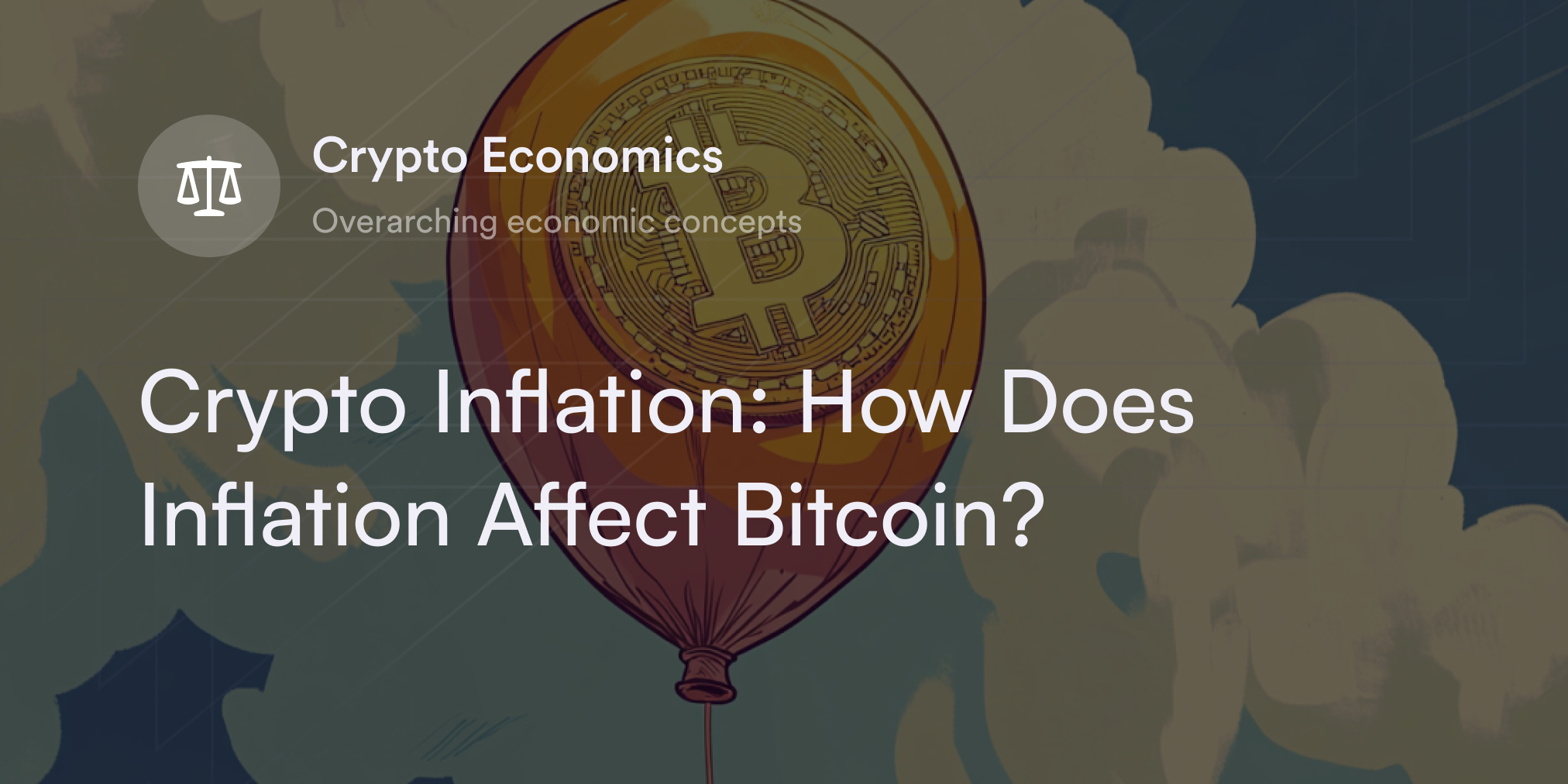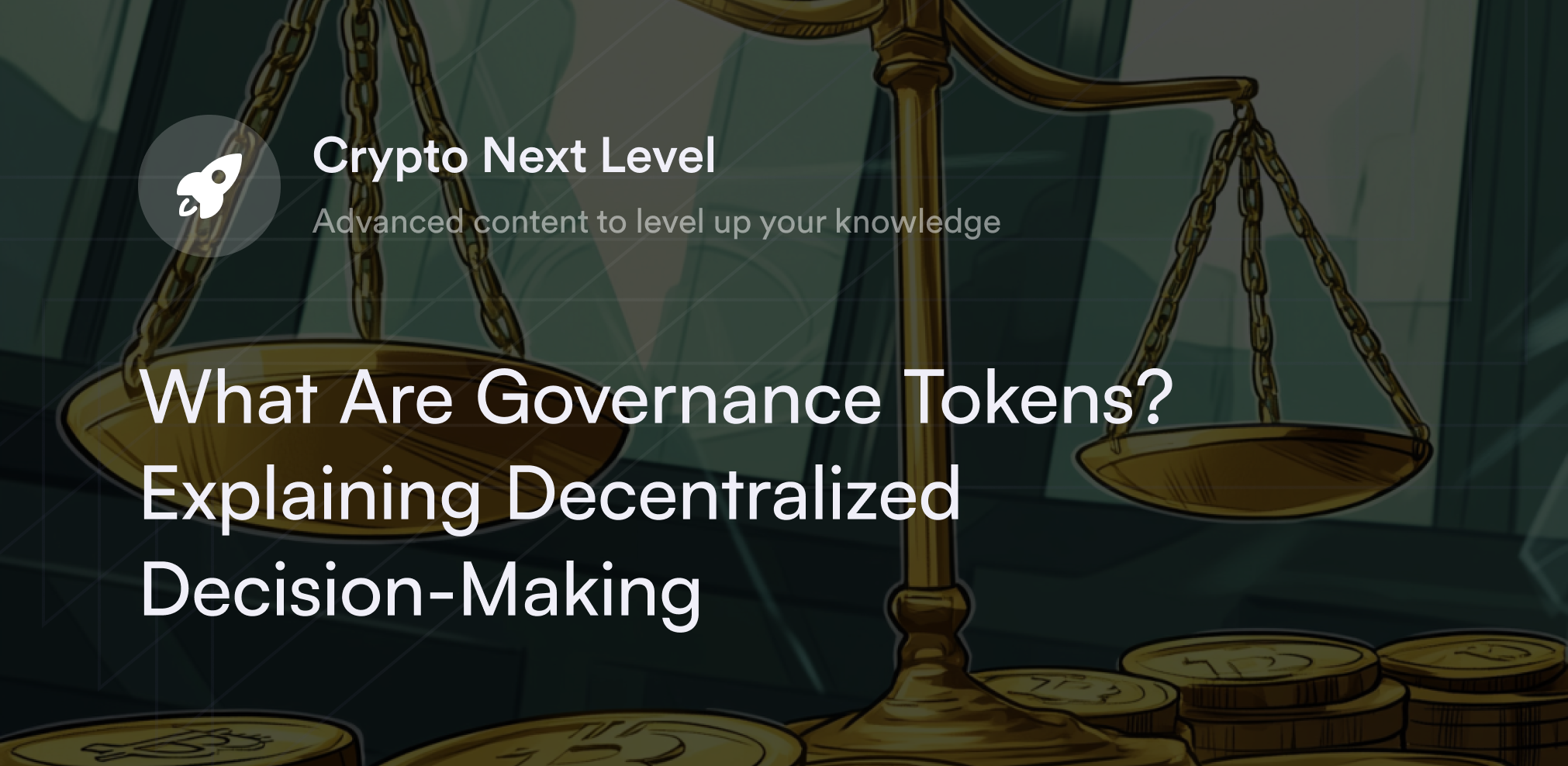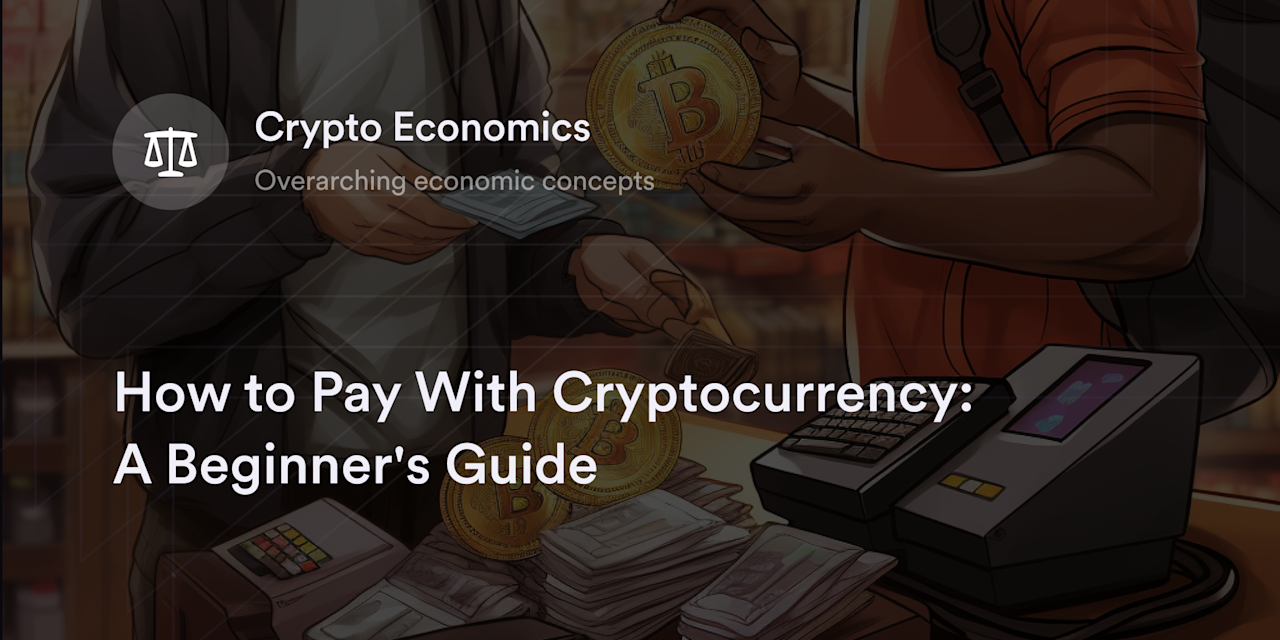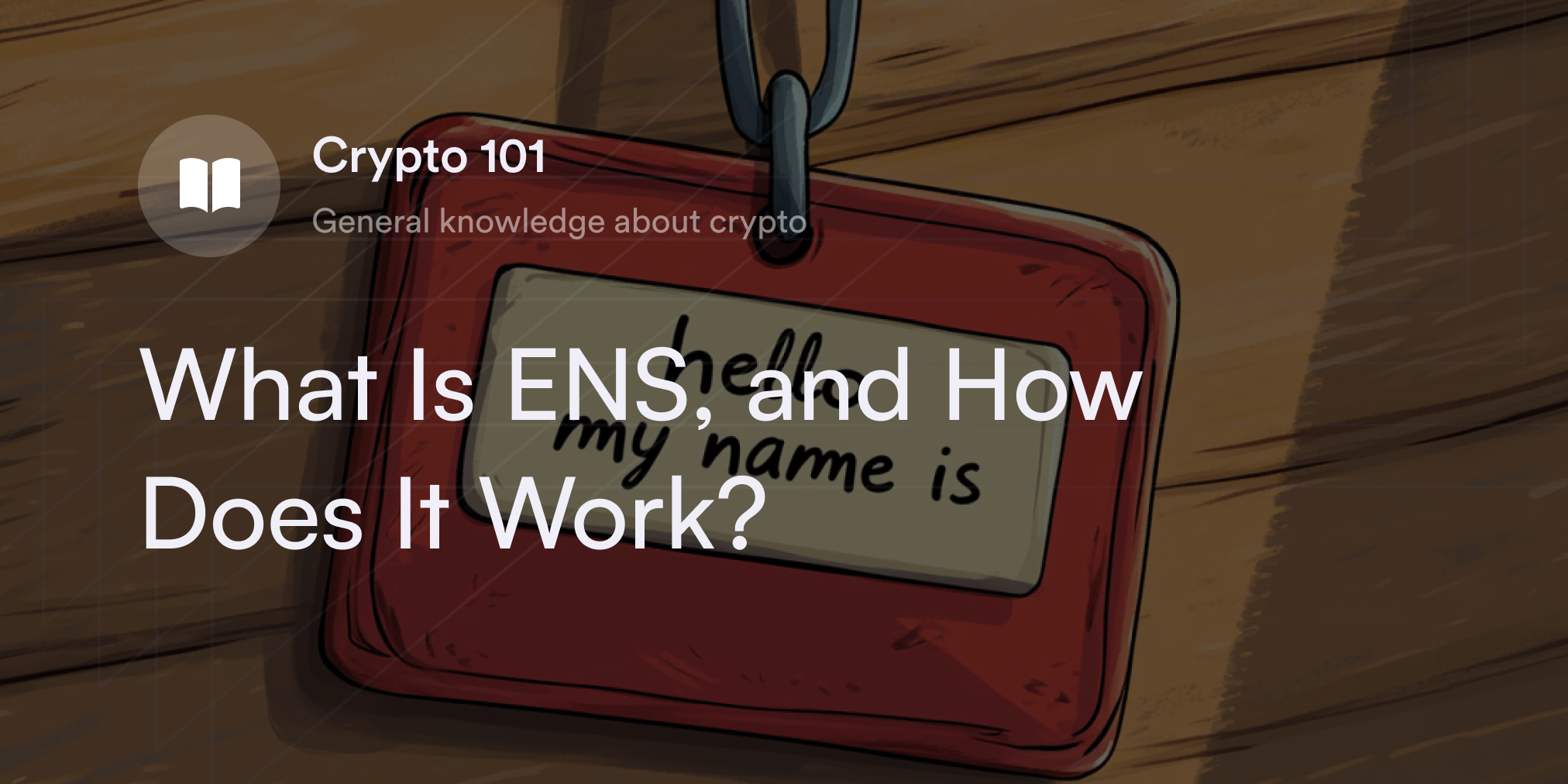


Non-fungible tokens (NFTs) have been around since the 2010s, but it wasn’t until 2021 that these unique and verifiable cryptocurrencies emerged as a major force in technology. During 2020–2021, the market cap for NFTs grew from $338 million to more than $11 billion, and some metrics suggest it almost overtook the fine art industry. Given the rapid expansion in the NFT market, some of cryptocurrency’s leading developers—including Ethereum’s cofounder Vitalik Buterin—began researching new use cases for this token category’s verification system. In fact, Buterin recently co-developed a new NFT model called “soulbound tokens” (SBTs) to broaden the applications of NFTs in society.
SBTs are one of the more experimental ideas in the crypto industry, but they’re gaining attention as a possible way to verify personal identity on blockchain networks. Supporters of SBTs argue these tokens may even reshape global communities and create a “decentralized society.” So what is a soulbound NFT, and what is its purpose in the crypto ecosystem?
What are SBTs?
An SBT is a unique and non-transferable cryptocurrency linked (or “bound”) to a user’s crypto wallet. Along with Buterin, Microsoft’s E. Glen Weyl and research firm FlashBots’ Strategy Counsel Puja Ohlhaver introduced SBTs in the 2022 paper titled: “Decentralized Society: Finding Web3’s Soul.” Buterin got the idea for SBTs from video game World of Warcraft’s soulbound items, which are in-game objects gamers can’t trade with other players. Like these items, an SBT’s defining feature is holders can’t send or sell it once the SBT is in their crypto wallet. Instead, an SBT stays in a wallet owner’s account to verify their identity or affiliations on a decentralized network (aka blockchain). Think of SBTs as exclusive badges, ID tags, or credentials for use in the crypto economy rather than an online game.
SBTs aim to provide a way to safely and reliably verify each Web3 user’s reputation. In this sense, SBTs serve as a “proof-of-identity” to build trust in Web3 and access specific online protocols and services. For example, a crypto lending platform might send borrowers an SBT whenever they repay a loan. Here, the SBT contains all the transaction info on previous crypto loans, proving the wallet owner’s “creditworthiness” in the crypto ecosystem. Users who accumulate more SBTs for successful crypto loan repayments might enjoy special privileges like undercollateralized or uncollateralized loan options on decentralized finance (DeFi) sites.
Soulbound Tokens Versus NFTs
The primary difference between SBTs and NFTs has to do with their transferability. It’s impossible to buy, sell, or trade SBTs as people do with NFTs on marketplaces like OpenSea. An SBT has an inextricable link to a user’s crypto wallet, and its primary purpose is to prove “who” a wallet holder is rather than “what” they own. Besides their non-transferability, SBTs have the same traits and technical specifications as NFTs. The transaction history and metadata associated with SBTs are publicly viewable on a blockchain’s payment ledger. If someone knows a person’s crypto wallet account, it’s easy to see the SBTs and NFTs they own by searching the wallet address on a blockchain explorer like Etherscan.
What are the Use Cases for SBTs?
SBTs can serve as diplomas and driver’s licenses of the digital age. Although SBT technology is in its infancy, developers have already proposed many ways to use these cryptocurrencies to securely share personal and professional information on blockchains.
Educational accreditations and certifications: Imagine high schools and universities sending “SBT certificates” to each student’s crypto wallet on graduation day. With an “SBT diploma,” future students store and share their academic achievements on a blockchain like Cardano or Ethereum. It’s also possible for education-related SBTs to highlight extracurricular activities, special skills, and accreditations on decentralized ledgers.
Decentralized voting rights: Dozens of decentralized applications (dApps) use a blockchain governance system called decentralized autonomous organizations (DAOs) to democratize the development process. However, most DAOs issue fungible “governance tokens” where each cryptocurrency equals one vote on the protocol, making these dApps vulnerable to manipulation from the largest tokenholders. With SBTs, however, verifying intangible qualities like time and engagement with the Web3 community is possible, which may influence the weight of each user’s vote.
Proof-of-attendance-protocol (POAP): POAPs are “NFT souvenirs” tied to a memorable event like a festival, wedding, or conference. Although POAPs already exist in the NFT space, people can trade these NFTs on the open market, similar to vintage concert tickets or tour T-shirts. Using SBTs rather than NFTs for POAPs ensures the wallets holding these NFTs were truly at the event, signified by the tokens.
Credit scores and financial details: Due to Web3’s anonymity and crypto assets’ price volatility, DeFi lending sites typically offer overcollateralized crypto loans to clients. As the name implies, overcollateralization means borrowers deposit more cryptocurrency than they want to take out. However, if someone had SBTs proving they paid back multiple loans in the past, it may open up new financial opportunities, such as lower minimum collateral requirements or favorable interest rates.
Patient medical records: Medical institutions and doctors might send proof of recent screenings, vaccinations, or tests to the blockchain as SBTs. No matter where patients travel or which clinic they visit, they could share their medical history through their crypto wallet address.
Benefits and Drawbacks of Soulbound Tokens
As one of the newest technologies in the blockchain space, there’s a lot of hype surrounding SBTs. However, some developers point out potential drawbacks of introducing this technology into the crypto ecosystem. It may take years before blockchain programmers fully grasp the benefits and risks of this technology.
Benefits of Soulbound Tokens
Increased utility of blockchain technology: SBTs could allow people to prove their reputation and identity using Web3 technology, opening up numerous doors inside and outside the crypto ecosystem. The unique verification standards of SBTs provide novel ways for institutions and Web3 projects to engage with online communities and use blockchain technology in their operations.
Equitable decentralized governance: SBTs disrupt the “one token equals one vote” model used on most DAOs, eliminating the risk of wealthy traders creating an online oligarchy. Voters with specific SBTs related to their community engagement or prior history ensure those who have the most expertise and commitment enjoy enhanced voting rights.
Decreased NFT scams: Estimates suggest at least 90 million NFTs on today’s market are fake copies of original collections like the Bored Ape Yacht Club (BAYC) or CryptoPunks. SBT credentials might reduce this “copy minting” problem by providing a transparent track record for artists issuing new NFT collections.
Risks of Soulbound Tokens
New security risks: Since SBTs intertwine with specific crypto wallets, people can’t reupload them when creating a new crypto account. In other words, if people lose access to their crypto wallet, they’ll lose their “soul.” To address this concern, developers like Buterin proposed a “social recovery system” where users link their SBTs with trusted family, friends, or institutions. However, questions surrounding the security and reliability of this retrieval method exist.
Potential privacy issues: If hackers or blockchain investigators figure out the real-world identity behind a crypto wallet, the SBTs in a person’s account instantly become public knowledge. Before transferring sensitive data like medical records, social security numbers, or political affiliations as SBTs, developers may need to create optional encryption technologies to ensure token holders can share this info as they see fit and only when they desire to do so.
May make wallets targets of discrimination: Related to the last point, the info from a wallet’s SBTs might trigger protocols to enforce unjust and exclusionary policies. For example, if a crypto loan site sees credit history-related SBTs that don’t meet their standards, it might bar specific wallets from accessing basic financial services.
Find out More About Web3 on dYdX Academy
SBTs are one of the many radical technologies in the fast-paced blockchain industry. To stay on top of the latest developments on our platform, check out dYdX’s blog. Also, head to our Academy for more info on the hottest crypto trends. dYdX has dozens of educational articles and guides to get you up to speed on the digital assets sector.
Not only this, but we also offer eligible traders fee-free perpetuals trading on our non-custodial platform.
Eligible traders can start trading on dYdX today!
Disclaimer
The content of this article (the “Article”) is provided for general informational purposes only. Reference to any specific strategy, technique, product, service, or entity does not constitute an endorsement or recommendation by dYdX Trading Inc., or any affiliate, agent, or representative thereof (“dYdX”). Use of strategies, techniques, products or services referenced in this Article may involve material risks, including the risk of financial losses arising from the volatility, operational loss, or nonconsensual liquidation of digital assets. The content of this Article does not constitute, and should not be considered, construed, or relied upon as, financial advice, legal advice, tax advice, investment advice, or advice of any other nature; and the content of this Article is not an offer, solicitation or call to action to make any investment, or purchase any crypto asset, of any kind. dYdX makes no representation, assurance or guarantee as to the accuracy, completeness, timeliness, suitability, or validity of any information in this Article or any third-party website that may be linked to it. You are solely responsible for conducting independent research, performing due diligence, and/or seeking advice from a professional advisor prior to taking any financial, tax, legal, or investment action.
You may only use the dYdX Services in compliance with the dYdX Terms of Use available here, including the geographic restrictions therein.
Any applicable sponsorship in connection with this Article will be disclosed, and any reference to a sponsor in this Article is for disclosure purposes, or informational in nature, and in any event is not a call to action to make an investment, acquire a service or product, or purchase crypto assets. This Article does not offer the purchase or sale of any financial instruments or related services.
By accessing this Article and taking any action in connection with the information contained in this Article, you agree that dYdX is not responsible, directly or indirectly, for any errors, omissions, or delays related to this Article, or any damage, injury, or loss incurred in connection with use of or reliance on the content of this Article, including any specific strategy, technique, product, service, or entity that may be referenced in the Article.







